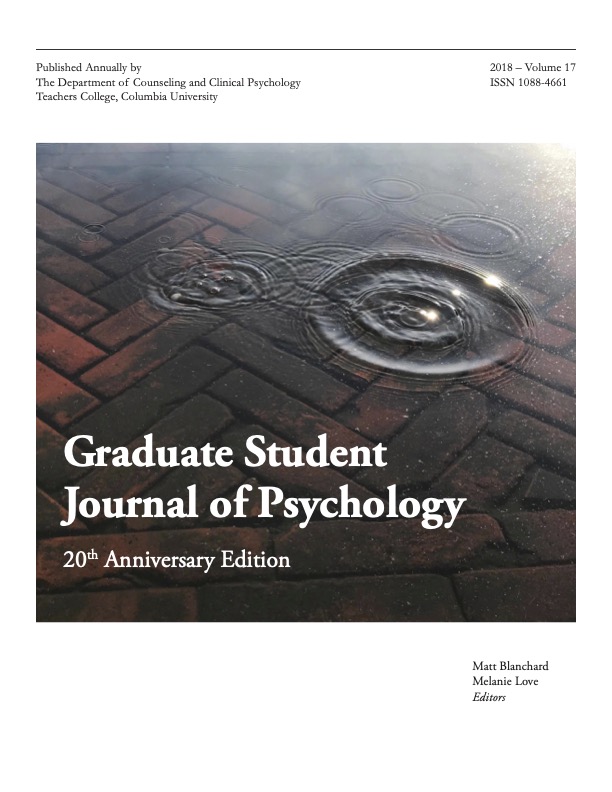محتوى المقالة الرئيسي
الملخص
تفاصيل المقالة
القسم
Articles

هذا العمل مرخص بموجب Creative Commons Attribution-NonCommercial 4.0 International License.
كيفية الاقتباس
Huggins, A. A., Gorka, S. M., & Shankman, S. A. (2018). Graduate Student Journal of Psychology, 17, 5–17. https://doi.org/10.52214/gsjp.v17i.10916

